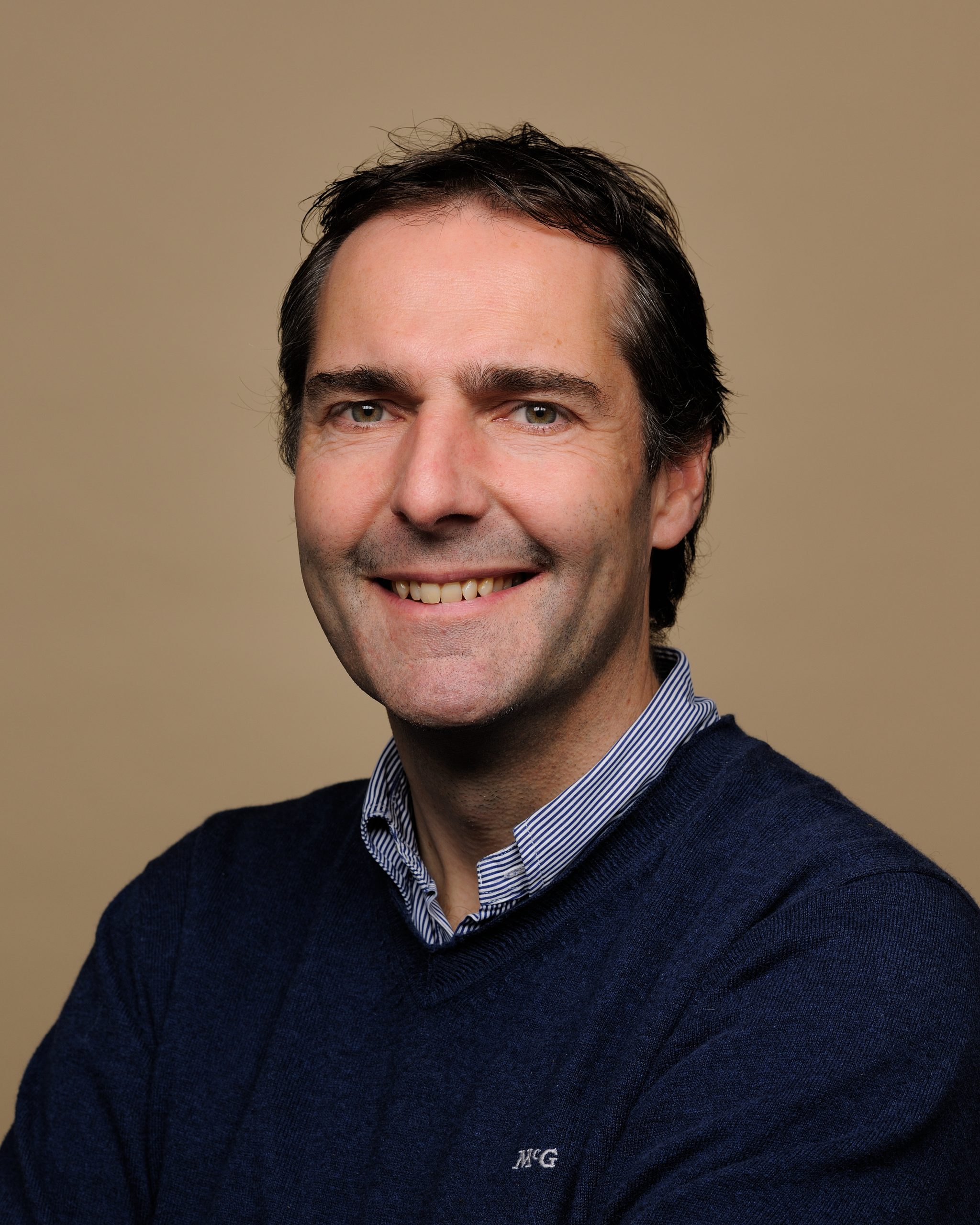Crypto currency bitcoin is going through the roof. Is this coin going to shape our future economy? If so, it might cause an environmental disaster. Bitcoin expert Johan Pouwelse is not fearful. ‘Bitcoin is so 2009’.
Johan Pouwelse hosted a conference about blockchain last week at TU Delft.
Excitement about the current developments in the cryptocurrency is not the right description for Pouwelse’s sentiment. Fascination is. “What we see is unique,” says this cryptocoin expert of the Faculty of Electrical Engineering, Mathematics and Computer Science.
Dr. Pouwelse is the principal investigator of the TU Delft Blockchain lab, one of the largest research groups on blockchain technology in the world.
“We now have money without banks and tax evasion without Panama. Criminals love the coin. They can fly millions over the ocean on a USB stick. The coin attracts people wearing a tie as well as macrobiotic left-wing hippies who like the idea of bypassing powerful institutions and governments. There is love on both sides of the political spectrum. You don’t often see that with technology.”
So, what exactly is bitcoin? Bitcoin is a cryptocurrency and worldwide payment system. It is based on a peer-to-peer network. Transactions are made directly between users through cryptography. They do not need an intermediary such as a bank. The transactions are verified by network nodes and recorded in a public ledger called a blockchain.
Bitcoins are created as a reward for a process known as mining, a process in which computers solve complicated calculations. This process consumes huge amounts of energy, as do all transactions made with bitcoins. As it now stands, each transaction consumes 250 kwh – almost as much as an average Dutch household consumes in a month. At current growth rates, some claim that bitcoins could become worth more than all combined currencies in the world in a couple of years. And if that happens, bitcoin mining would consume as much electricity in 2020 as is being consumed by the whole world today.
Last week there was a big conference – about 500 attendees – about blockchain at TU Delft. Surely you talked a lot about these topics.
“Not really actually. The costs of bitcoin mining are tremendous, that is true. And also of the transactions. But it is nonsense to presume that the coin is going to take over the economy and that as a consequence world electricity consumption will double in two years. The coin is old-fashioned. It is based on 2009 technology. It is so 2009. It is hardly scalable. For now, it only allows 11 transactions per second in the entire world. That is nothing. [Indeed, not if you compare it to for instance Visa’s network, which can process thousands of transactions per second. TvD].”
So what topics do academics in blockchain technology focus on?
“In academia we are reasoning backwards. We ask ourselves the question ‘what does the world economy need in 2030 for it to be fully automated?’. Nowadays our economy is mostly digitised. We send each other WhatsApps, PDFs by email etc. What we need, however, is much more automation. It sometimes takes a month before a bill is paid. That should happen in seconds. We need to reduce administrative burdens. All freight transport, all transactions – everything will be automated in the future. We want to develop systems that support this.”
So basically, you are working on contracts that build trust between users?
“Yes, and that are transparent, simple, free and therefore don’t need intervention from external institutions to be legally valid. It is quite boring really, if you think of it. In a nutshell, we need trustworthy digital signatures. But boring as it may be, we just started a one year Master of Blockchain Technology here at the TU, the very first in Europe, and we were flooded with applications: 131 students enlisted, double the number that we can accept.”
Pouwelse is the principal investigator of the Blockchainlab. He is one of the first people working on blockchain technology, as early as 2007, two years before Bitcoin started.
You must have been doing some bitcoin mining in the early days yourself. A little less than ten years ago the coins were up for grabs. Coins used to buy a pizza are worth tens of thousands of euros now.
“Sure, we did some mining at TU Delft.”
Did it make you rich? (Pouwelse agilely bypasses the question)
“We mined coins that we had developed ourselves. They were not as cool as bitcoins though. The technology behind it was susceptible to fraud. We launched our own blockchain system in 2007, together with Harvard University. At that time the field was called the distributed accounting systems. We were a group of twenty people. I am a blockchain grandpa. Yeah, right, write that down. I was sure you would quote me on that one. Now twenty new blockchain companies are being set up every day. Everybody is running. We need to be cautious so as not to be overtaken. These are exciting times.”



Comments are closed.